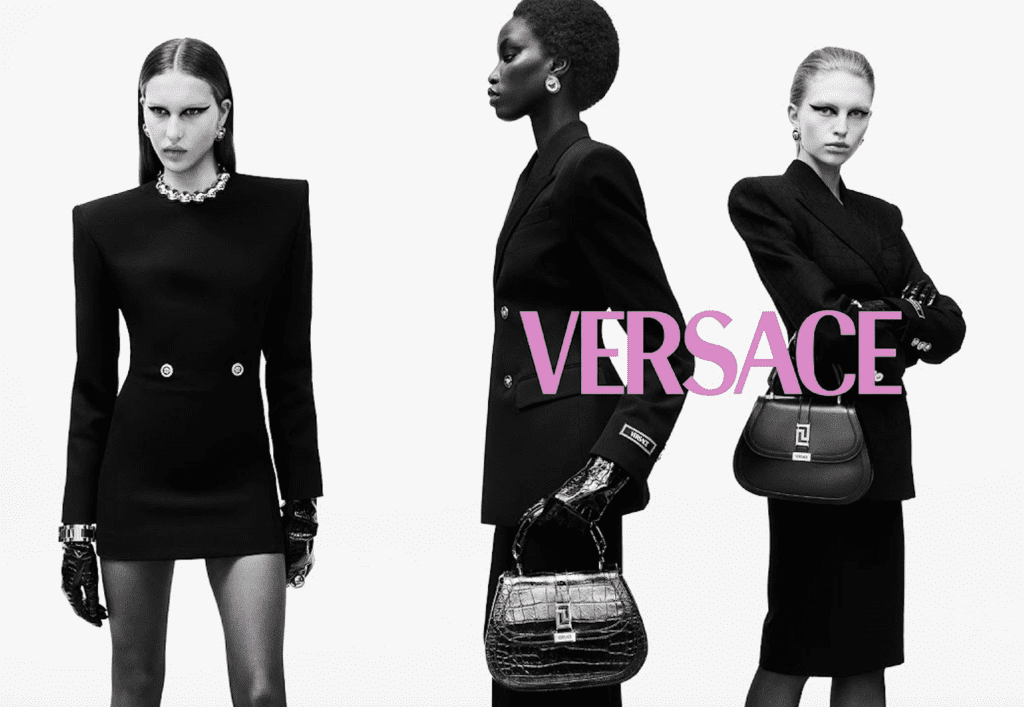Undisclosed compensation – whether it be money, exotic getaways, pricey gifts, or tickets to highly-anticipated sporting events – given to radio and streaming station executives, owners and DJs to boost the plays of specific songs or artists, and thereby, influence song charts and the sales of singles and records. That is called payola and for as long as the music industry has existed, there have been attempts to make use of it, in one way or another.
Think back to the days before Spotify or Apple Music, and you may recall a time when the radio industry was flush with cash, and radio DJs were wildly influential tastemakers standing between music-listeners and chart-topping hits. Given the power of figures like Alan Freed and Dick Clark to influence consumers’ music-listening and then buying decisions (both of whom are known for bringing a mix of rock-n-roll and other styles to radios across the country), record labels were quick to offer up compensation – either in the form of money or gifts, or both – in exchange for dedicated airtime for their artists’ songs.
Record company owners, such as Hy Weiss of New York-based Old Town Records, were known to hand out bribes for preferable radio treatment, and many DJs were happy to take the cash, and lots of it. Chicago-based DJ Phil Lind, for instance, admitted to bringing in $22,000 to play a single record in the 1950’s. Wesley Hopkins of KYW in Cleveland would reveal that he brought in almost $15,000 in “listening fees” between 1958 and 1959. In short: record companies paid him to “evaluating the commercial possibilities” of records.
This ecosystem of pay-for-play worked well for those in the know. That is, until the late 1950’s when Congress set its sights on media foul play.
First came a federal investigation of a handful of widely-watched television game shows. It was not long before NBC’s shows, “Twenty-One” and “$64,000 Question,” were shrouded in scandal, with investigators revealing that producers were actively rigging the outcomes.
After sorting out at least some of the rampant fraud associated with America’s favorite game shows, Congress turned into attention to radio (as the story goes, no small number of representatives were lobbied by the unhappy American Society of Composers, Authors and Publishers to crack down on the foul play in light of an ongoing battle between it and the bribe-taking radio stations).
Thus, the Congressional Payola Investigations were born. It was 1959, and the media was inundated with reports of hearings before the U.S. House of Representatives Interstate and Foreign Commerce Legislative Oversight Subcommittee, and hundreds of DJs investigated, fired, and slapped with penalties for accepting hundreds of thousands of dollars in bribes in exchange for airtime. Alan Freed was among them; he was found guilty of two counts of commercial bribery.
While the practice of payola – a combination of the words ”pay” and ”Victrola” (the latter of which refers to a record player) – had been underway for decades, it officially entered into the national vocabulary in early 1960 thanks to the Congressional intervention. In February 1960, the Congressional committee, still embroiled in its deceptive broadcasting practices hearings, issued an interim report, criticizing radio stations for “surrendering control of programming … and abdicating control to advertisers” and recommending that anti-payola provisions be added to the Federal Communications Act.
By June, the committee passed its bill, called The Communications Act Amendments of 1960, through Congress and then through the Senate two months later. In September, President Dwight D. Eisenhower signed the bill into law. While it did not outlay payola outright, it did prohibit the undisclosed payment of cash or gifts in exchange for airplay, requiring that if “any money, service or other valuable consideration” had been received by radio and television “either directly or indirectly, for the matter broadcast,” that it be disclosed “at the time of broadcast.”
The legislation would not ultimately serve to clean up the industry’s rampant payola problem. “Thanks to a loophole—Congress didn’t say a word about undisclosed payments—the law had about as much of an effect on the less scrupulous radio jocks as Prohibition had on the gangsters sipping champagne outside Tammany Hall,” Noisey noted a couple of years ago. So, record companies looked to independent promoters to do their dirty work and by 1985, were paying them, collectively, as much as $80 million per annum.
Additional investigations by prosecutors and Congressional considerations would come and go over the next several decades, with little widespread impact.
And So Goes the Latest Version of Payola
“In the fall of 2002, Celine Dion fans who listened to radio stations owned by Infinity Broadcasting, the country’s second largest chain, were offered a chance to meet the object of their adoration,” the New York Times revealed. “The promotion, dreamed up by Epic Records, promised to fly contest winners to Las Vegas to hear Ms. Dion perform at Caesars Palace.”
What was not made clear to those who heard the promotional commercials was “the price the stations paid for the honor of offering up an evening with Ms. Dion … Infinity had agreed to add Ms. Dion’s newest single, ‘Goodbye’s (The Saddest Word),’ to the playlists of 13 stations.”
“And so goes the latest version of payola,” wrote the Times’ Lorne Manly.
While the FCC maintains rules against payola and a system in which complaints can be filed if a broadcaster is suspected of violating those rules, New York State Attorney General Elliott staunchly believe the government agency – which was tasked with regulating interstate communications by radio, television, wire, satellite, and cable – was not doing nearly enough. So, he made it part of his mission to investigate and stomp out the pay-for-play practices that were embedded in the regular business dealings of some of New York’s biggest names in music.
Amongst the many high-profile investigations initiated by the New York State Attorney General ‘s office during Spitzer’s tenure was one involving Sony BMG Music Entertainment. The music giant admitted in July 2005 that its employees lavished cash, trips and other bribes on radio stations and their employees to get its music on the air,” according to the Washington Post.
In connection with the Sony case, Spitzer – who said at that time that payola was “pervasive” in the industry, albeit in more sophisticated forms than ever before – unveiled “strings of incriminating e-mails … including [ones that show] Sony BMG executives complaining that the company was paying too much in trips and gifts to the program director of Buffalo’s WKSE-FM in return for airtime for the Sony BMG rock band Franz Ferdinand.”
In response to the “mountain of evidence on the potentially illegal promotion practices of not only Sony BMG, but also other major record companies, independent promoters and several of the largest radio station groups,” FCC Commissioner Jonathan S. Adelstein called for an agency investigation. As for the Sony case, in particular, he stated, “I believe this payola scandal may represent the most widespread and flagrant violation of any FCC rules in the history of American broadcasting.”
Investigations were into payola were not limited to those being initiated by Spitzer’s office, though. Others were being carried out by the U.S. Attorney General’s Office, including one investigation, which revealed that in February 2006, a Los Angeles-based Univision executive sent a FedEx package that contained $157,800 to a New York radio station programmer. That payment was part of a larger bribery scheme enacted by Latin-music executives at Univision that resulted in violations of federal law, since the payments were accepted and the stations failed to disclose to listeners that money had changed hands in connection with songs played on the radio.
“She Became Famous Because of Payola”
It is against this background that Nicki Minaj recently accused fellow rapper Cardi B of engaging in payola to promote her songs (and as a result, prevent her rival’s from gaining prime airtime). Last month, Minaj claimed on her Beat 1/Apple Music Queen Radio show that Cardi B “became famous because of sympathy and payola.”
Minaj, on the other hand, says that in the beginning of her career, she “never had a DJ to play my f*cking songs.”
Twenty-five year old Cardi B – who skyrocketed to music fame last year with her single Bodak Yellow, following a stint on season six of the VH1 reality television series Love & Hip Hop: New York – has since responded to Minaj’s claims, stating in an Instagram video this week that she never engaged in payola, which she notes is “illegal,” and stated that she could, in fact, file a defamation lawsuit against Minaj based on the falsity of her payola-specific claims.
CNN reports that the dueling rappers have since called a truce. As for the music industry’s penchant for payola, that is almost certainly still going strong.











